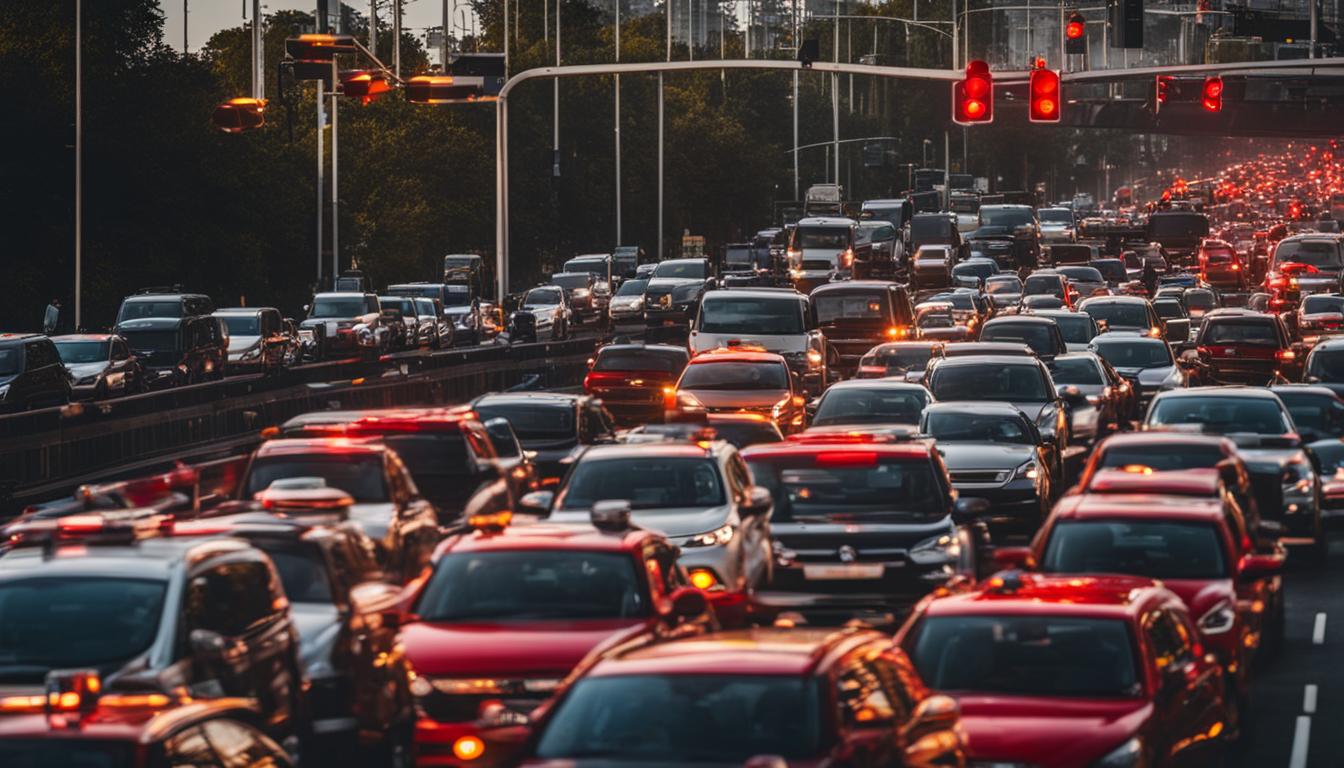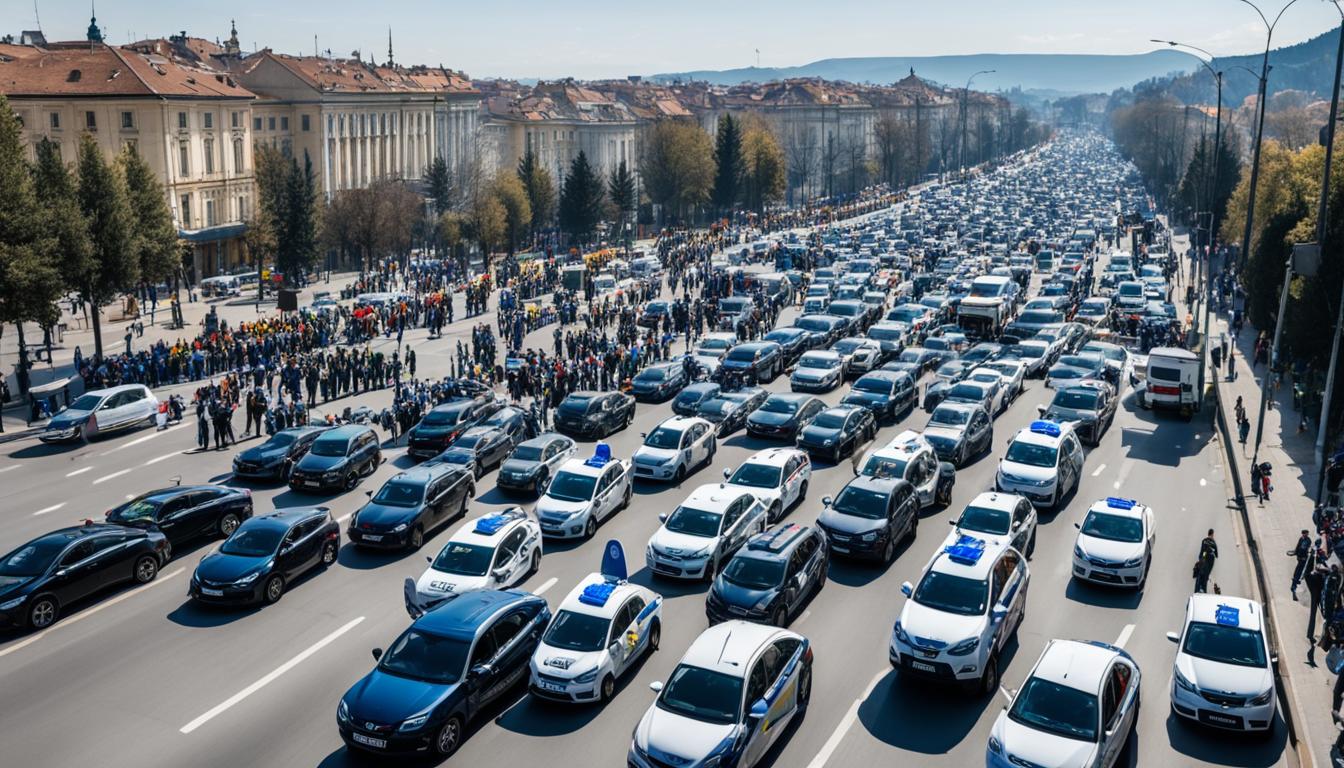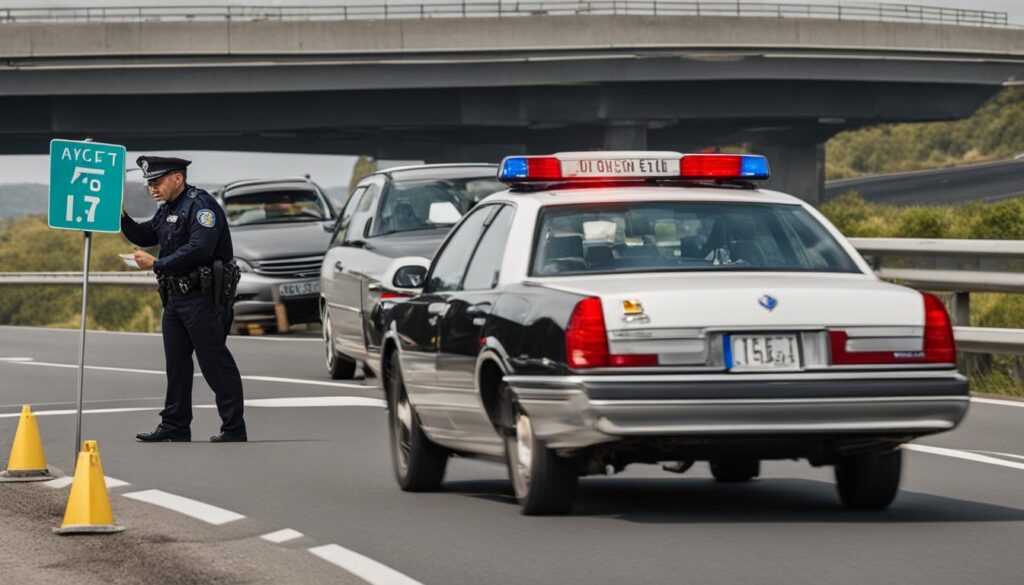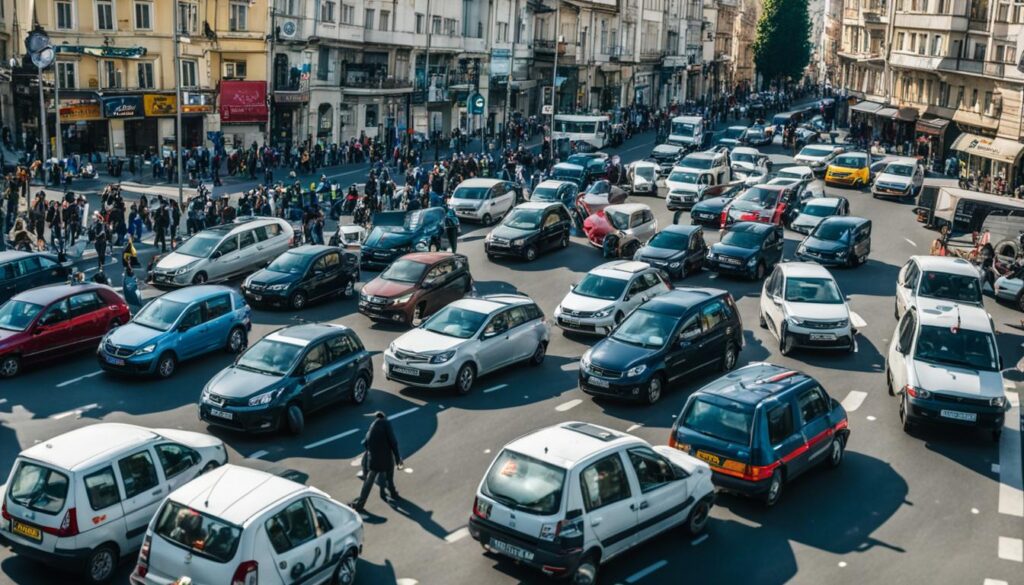Drive in Romania: Fines & Romanian Traffic Offence Guide
Drive in Romania: Fines & Romanian Traffic Offence Guide

What if avoiding a traffic ticket in Romania requires more than just obeying speed limits?
Navigating the country’s roads demands precise knowledge of local regulations to ensure both safety and compliance.
This guide delivers actionable insights into the legal framework governing drivers, from mandatory equipment to penalty calculations.
Romanian law enforces strict adherence to seat belt usage, winter tire requirements, and first aid kit accessibility.
Violations can result in fines calculated as a percentage of the national minimum wage, alongside penalty points on licenses.
Understanding these rules is critical for avoiding costly delays or legal complications.
This resource outlines essential documentation, regional driving conditions, and strategies to minimize risks.
Timely access to accurate information ensures travelers and professionals can plan efficiently while adhering to legal standards.
Key Takeaways
- Mandatory equipment includes seat belts, winter tires (seasonal), and a first aid kit.
- Fines are calculated based on Romania’s minimum wage and may include penalty points.
- Drivers must carry valid licenses, insurance, and vehicle registration at all times.
- Appeals against fines must be filed within 15 days of issuance.
- Local authorities enforce strict speed limits and alcohol consumption thresholds.
Understanding Traffic Fine in Romania: Implications and Regulations

Romania’s legal framework for roadway conduct prioritizes accountability through structured enforcement mechanisms.
Authorities apply penalties proportionally to infractions, ensuring both individual responsibility and public safety.
Core Legal Framework
The Romanian Traffic Code defines mandatory equipment standards, including seat belts and winter tires.
Non-compliance with these rules may lead to fines ranging from 435 to 870 lei ($95–$190).
Drivers must also carry valid vehicle registration and a driver license during transit.
Penalty Structure
Serious violations like speeding beyond 50 km/h over limits incur fines up to 2,610 lei ($570).
Repeat offenders risk temporary license suspension.
Driving under influence carries stricter consequences, including potential imprisonment for blood alcohol levels exceeding 0.8 g/l.
Accountability Mechanism
A 15-point system penalizes infractions such as illegal overtaking or ignoring signals.
Accumulating 15 points within a year triggers mandatory license reevaluation.
Points reset after three violation-free years, incentivizing sustained compliance.
Maintaining updated vehicle documents remains critical.
Missing paperwork during inspections adds administrative penalties, complicating appeals.
Our lawyers in Bucharest recommend digital backups of licenses and insurance to streamline verification processes.
Navigating Romanian Traffic Rules and Speed Limits

Compliance with roadway standards requires awareness of both universal safety practices and region-specific protocols.
Clear distinctions exist between general driving principles and localized enforcement patterns, demanding careful attention from motorists.
Essential Traffic Rules Every Driver Should Know
Mandatory equipment checks remain non-negotiable.
Seat belts must be worn by all occupants, while handheld mobile devices are prohibited during operation.
Dipped headlights are required 24/7 on all roads to enhance visibility.
Speed Limit Regulations and Associated Fines
Designated zones enforce strict velocity thresholds:
| Area Type | Maximum Speed | Excess Penalty (per km/h) |
|---|---|---|
| Urban zones | 50 km/h | 29–58 lei + 1–3 points |
| Rural roads | 90 km/h | 58–116 lei + 2–4 points |
| Highways | 130 km/h | 116–290 lei + 4–6 points |
Exceeding limits by 30 km/h in cities triggers fines up to 870 lei ($190).
Highway violations beyond 50 km/h may suspend licenses for 90 days.
Penalties escalate based on severity, with repeat offenders facing doubled sanctions.
Proactive adherence to these standards reduces accident risks by 37% according to national statistics.
Regular speed checks through radar systems reinforce compliance, particularly on mountain routes and near schools.
Preparing for Your Drive in Romania: Documents and Insurance

Crossing borders requires meticulous preparation to avoid legal complications.
Drivers must verify all paperwork aligns with Romanian law before entering the country.
Missing even one document can lead to delays, fines, or vehicle impoundment during inspections.
Required Documentation Checklist
Authorities mandate four items for foreign motorists:
- Valid passport or national ID;
- Driver’s license issued in the operator’s name;
- Original vehicle registration certificate;
- Proof of ownership or rental agreement.
Photocopies aren’t accepted during roadside checks.
Digital backups stored securely online provide emergency access if physical copies are lost.
Green Card Insurance Essentials
This international policy serves as proof of third-party liability coverage across 48 countries.
Without it, drivers face penalties up to 1,740 lei ($380) and personal liability for accident damages.
Purchase the Green Card through local insurers at least 72 hours before departure.
Legal Support for Compliance Issues
Unresolved disputes over missing paperwork or insurance validity require immediate action.
Contact office@theromanianlawyers.com within 15 days of violations to initiate appeals.
Specialists assist with translating documents, negotiating fines, and representing clients in regional courts.
Road Conditions and Driver Challenges in Romania

Navigating the country’s diverse landscapes demands awareness of rapidly changing roadway environments.
Urban centers feature modern infrastructure, while rural zones present unique obstacles requiring adaptive strategies.
Comparing Urban and Rural Driving Conditions
City roads typically offer smooth surfaces with clear markings and regulated 50 km/h limits.
However, 43% of rural routes contain potholes or gravel sections according to recent transport ministry data.
These uneven surfaces reduce tire traction, especially during rainy months.
| Factor | Urban Areas | Rural Areas |
|---|---|---|
| Road Surface | Paved (98%) | 35% unpaved |
| Lighting | Full coverage | 62% poorly lit |
| Hazards | Congestion | Livestock crossings |
Adapting to Unpredictable Road Environments
Low-beam headlights become essential when encountering dimly lit vehicles on country roads.
The traffic code mandates winter tires from November to March—critical for mountain passes where black ice forms rapidly.
Drivers must adjust speeds below posted km/h limits when facing mudslides or fallen debris.
A 2023 study showed 71% of collisions occur when operators fail to adapt to sudden surface changes.
Regular vehicle checks prove vital for all road users.
Brake systems require monthly inspections during snowy months to maintain stopping power on steep inclines.
Proactive preparation aligns legal compliance with practical safety needs.
Conclusion
Operating vehicles in compliance with local regulations ensures safety and minimizes legal risks.
This text outlines measures to avoid penalties, from equipment checks to documentation standards.
Safety protocols like seat belt enforcement and alcohol limits are non-negotiable.
Exceeding speed limits incurs fines up to 2,610 lei and penalty points affecting license validity.
Repeat violations may trigger suspension.
Proper paperwork—insurance and registration—prevents disputes during inspections.
Authorities prioritize adherence to roadway rules, especially near stations or construction zones.
Staying informed about regulations helps maintain compliance.
Proactive preparation reduces risks and fosters secure driving.
Review guidelines, verify vehicle conditions, and consult legal experts as needed.
These steps ensure lawful operations across all road environments.





